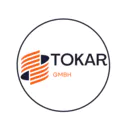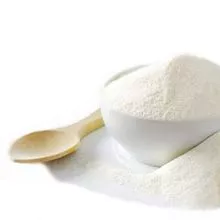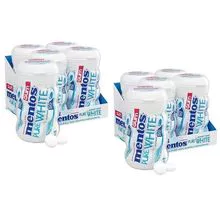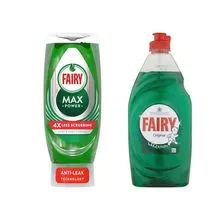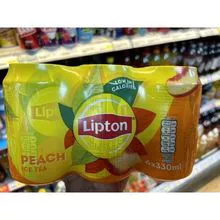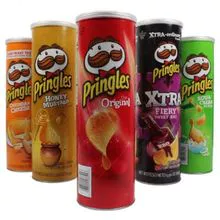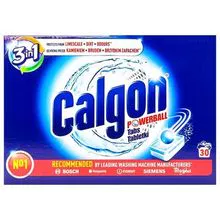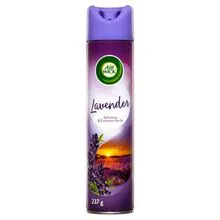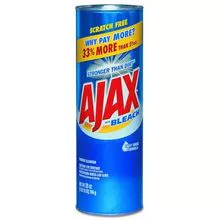Description
Wheat flour is a powder made from the grinding of wheat grains. It is one of the most commonly used flours worldwide and is a key ingredient in many culinary preparations. Wheat flour is versatile and comes in different varieties, each with its own characteristics and uses. Here are some key points about wheat flour: Types of Wheat Flour: There are several types of wheat flour, including all-purpose flour, bread flour, whole wheat flour, and cake flour, among others. These flours differ in their protein content, gluten formation, and milling processes, resulting in variations in texture, structure, and suitability for different recipes. All-Purpose Flour: All-purpose flour is a popular and versatile wheat flour that is commonly used in a wide range of recipes. It is made from a blend of hard and soft wheat and has a moderate protein content. All-purpose flour is suitable for various baking applications, such as bread, cookies, cakes, and pastries. Bread Flour: Bread flour has a higher protein content than all-purpose flour, typically around 12-14%. The higher protein content contributes to the formation of gluten, which gives bread dough its elasticity and structure. Bread flour is ideal for yeast-based bread recipes that require a chewy and well-risen texture. Whole Wheat Flour: Whole wheat flour is made from the entire wheat kernel, including the bran, germ, and endosperm. It contains more fiber, vitamins, and minerals compared to refined flours. Whole wheat flour has a nuttier flavor and a denser texture than white flours. It is commonly used in bread, muffins, pancakes, and other baked goods that benefit from a heartier taste and texture. Cake Flour: Cake flour has a lower protein content, usually around 6-8%. It is finely milled and has a softer texture compared to other flours. Cake flour is commonly used in delicate baked goods, such as cakes, pastries, and biscuits, where a tender and light crumb is desired. Gluten-Free Alternatives: Wheat flour contains gluten, which is a protein that provides elasticity and structure in baked goods. However, individuals with gluten intolerance or celiac disease need to avoid gluten-containing flours. In such cases, gluten-free alternatives like rice flour, almond flour, or oat flour can be used as substitutes.
- Potato Starch
- Strong Bread Flour
- All Purpose Flour
- Rice Flour
- Almond Flour
- Pastry Noodle flour
- Self Rasing flour
- Pastry Flour
- Hi ratio Cake Flour
Production Capacity:
Not informed
Delivery Timeframe:
Within 30 Days
Incoterms:
CFR - Cost and Freight
CIF - Cost, Insurance and Freight
CIP - Carriage and Insurance Paid to
DDP - Delivered Duty Paid
DDU - Delivered Duty Unpaid
EXW - Ex Works
FCA - Free Carrier
FOB - Free on Board
Packaging Details:
Not informed
More about
TOKAR GMBH
50-100
Employees
200K - 500K
Sales volume (USD)
100%
% Export sales
Year
Established
Business type
- Importer / Trading Company
- Representative / Agent
- Distributor / Wholesaler
- Business Service
Keywords
- Food
- Beverages
- Cosmetics
- electronics
- Rice
- cooking Oil
- Coffee
- Cars
- Trucks
- Plastic products Ver Mais
Contact and location
-
Alessandro wenzel
-
+49 xxxxxxxx
-
Frankfurt / Frankfurt | Germany


